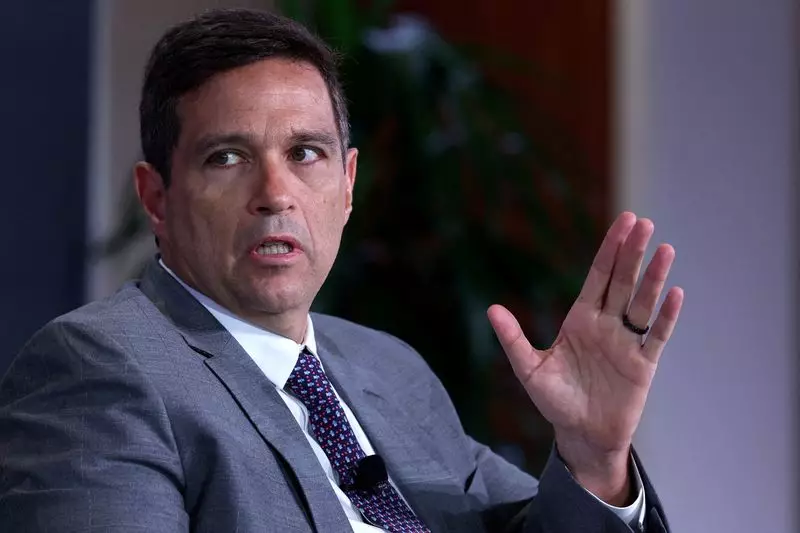The recent volatility in the market, as highlighted by Brazil’s central bank chief Roberto Campos Neto, is suggesting that there may be less room for fiscal and monetary intervention in the future. This signals a potential shift in the market’s expectations and the need for a reassessment of economic policies.
Campos Neto emphasized the interconnectedness between monetary transmissions and fiscal issues, pointing out that it will become increasingly challenging to discuss one without addressing the other. This underscores the importance of a holistic approach to economic policy-making and the necessity of coordination between monetary and fiscal authorities.
The deceleration in China, as mentioned by Campos Neto, could have implications for Brazil through a terms of trade shock or lower import prices for Chinese goods. The extent of the impact will depend on the magnitude of the slowdown in China and how it ripples through the global economy. This highlights the interconnected nature of the global economic system and the need for countries to be prepared for external shocks.
Brazil’s central bank has been closely monitoring inflation dynamics, with annual inflation reaching 4.5% in July, above the official target of 3%. This divergence has raised concerns among policymakers, leading to discussions about the possibility of a rate hike in the upcoming policy decision in September. The central bank’s commitment to data-dependent decision-making underscores the importance of staying vigilant in the face of evolving economic conditions.
Interest rate futures are currently pricing in an over 80% chance of a rate hike next month, reflecting market expectations of tightening monetary policy. This comes at a time when the U.S. Federal Reserve is preparing for monetary loosening, highlighting the diverging paths of central banks around the world. The outcome of the upcoming policy decision in Brazil will have significant implications for the country’s economic outlook and the effectiveness of its policy responses.
The recent volatility in the market and the interconnectedness of global economic dynamics have underscored the need for careful consideration of economic policies. Brazil’s central bank faces the challenge of balancing inflation concerns, external shocks, and market expectations in its upcoming policy decision. The outcome of these deliberations will shape the country’s economic trajectory in the coming months and impact its resilience to external uncertainties.

